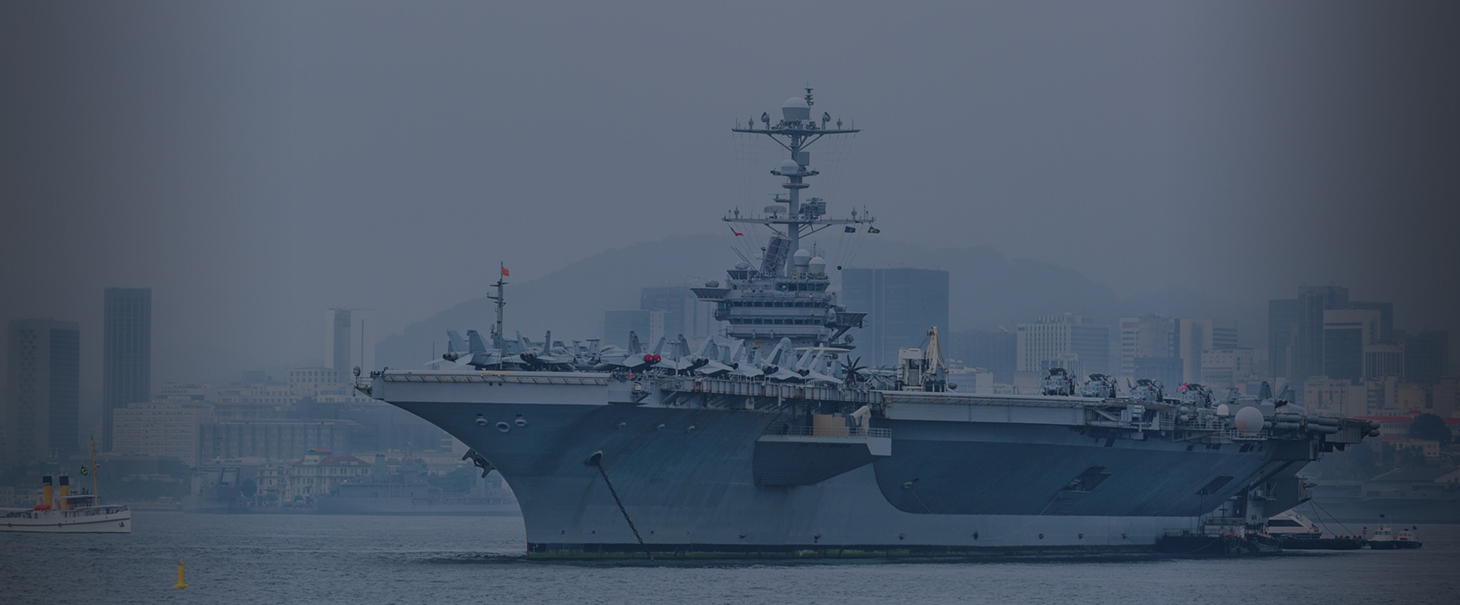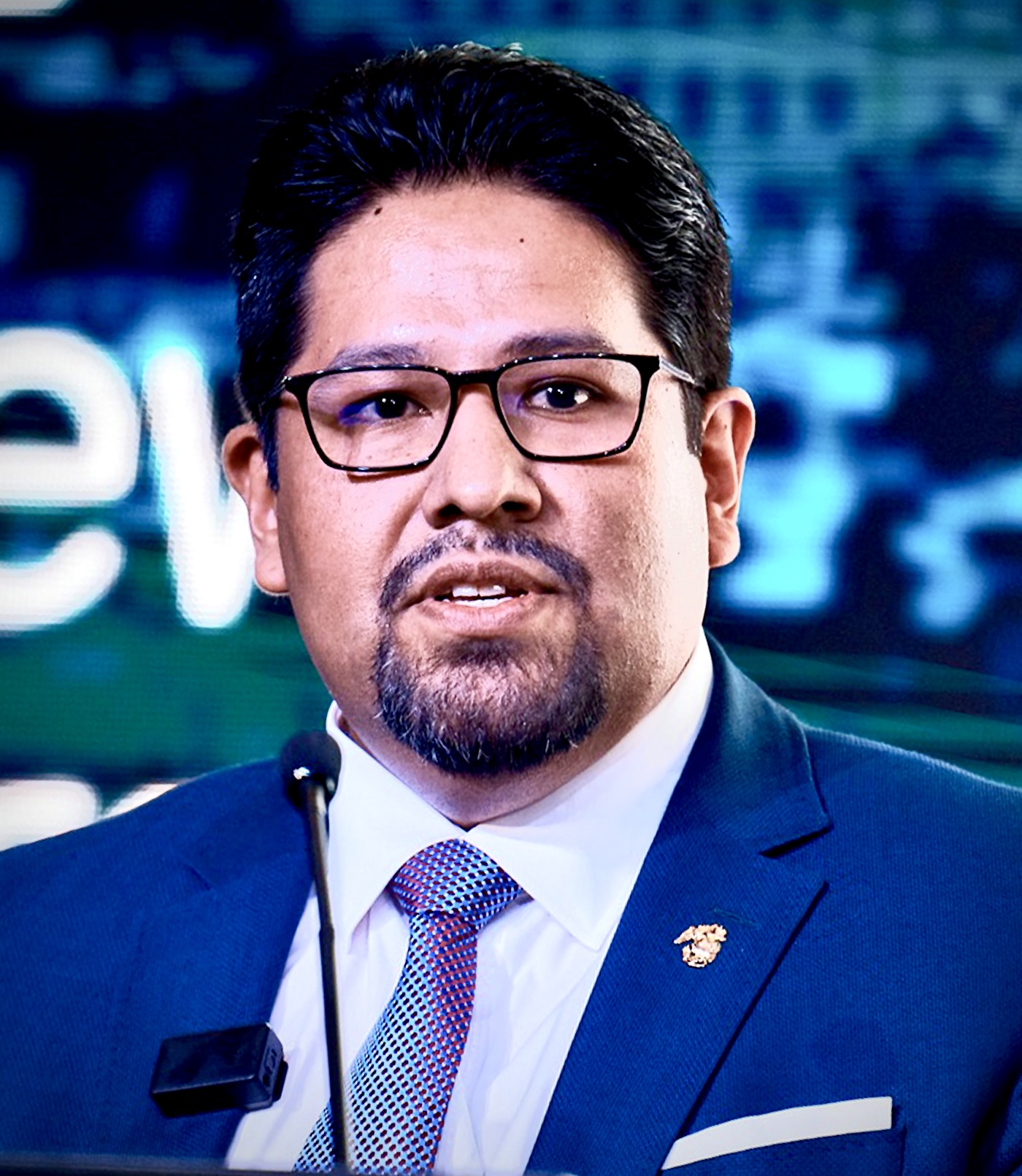An economy crippled by inefficiency and streets flooded with crime have long marred Caracas and the rest of Venezuela. Over the years, corruption has paved the way for organized crime to overrun the Bolivarian Republic, and as the rule by law became the rule by men, one man has stood atop the racket: Diosdado Cabello Rondón. Cabello is best known as the president of the Venezuelan National Assembly, but has also earned his reputation as the “Al Capone” of Venezuela and one of the top kingpins in Latin America. On Tuesday morning, Venezuelans awoke to a silver lining when US authorities announced they had secured a high-value informant to testify against Cabello: his bodyguard, Lieutenant Commander Leamsy Salazar. As Salazar begins to sing to US law enforcement, it is important for the public to know who his melody will be about. Largely ignored by the mainstream media, Diosdado Cabello has carefully and strategically maneuvered his way to become one of the most powerful men, if not the most, in Venezuela and Latin America, writ large. With a fortune in the range of US$2 billion, Cabello leads an organized crime network within Venezuela that is so powerful, fellow Chavistas have likened it to the infamous Chicago mafia during the days of Al Capone. Even the late caudillo Hugo Chávez himself saw his comrade as a potential threat to his throne, and sidelined Cabello several times to check his rising power. Cabello, however, continued to rise through a reputation that conjured fear and adulation by lavishly rewarding friends and mercilessly crushing enemies. His military tenure allowed him to hold several high-ranking positions within the Bolivarian bureaucracy, including stints as the governor of Miranda, minister of planning, justice, interior, public works, and housing, as well as the vice president of his political party and eventually the nation. Cabello quickly moved up the Chavista ranks, all the while continuing to build his criminal network, penetrating every level of government and giving him unprecedented clout over criminal constituencies in Venezuela’s underworld. At present, Cabello’s criminal enterprise controls the Venezuelan Defense Ministry’s intelligence division, the Interior Ministry’s police, the Superintendency of Banking Sector Institutions (SUDEBAN), and the national tax authority (SENIAT), where Cabello’s brother, David, is the acting president. He wields his power by zeroing out the risk of his criminal activity through aggressively shutting down media outlets and buying new broadcast networks to paint the picture he wants Venezuelans to see. Without an independent press, and with a politicized police and intelligence system under his control, Cabello has carte blanche to advance the interests of his criminal enterprise. In a country where institutions fail and personalities prevail, Diosdado Cabello has become a staple in Venezuela’s explosion of organized crime. Earlier this week on Monday, three of Latin America’s top leaders — former presidents Sebastián Piñera (Chile), Felipe Calderón (Mexico), and Andres Pastrana (Colombia) — sent a message to Venezuela: “don’t quit, liberty is on its way.” Now that US authorities have a heavy lead to dismantle Cabello’s network, this is the time for all Venezuelans to secure their liberty.


 Joseph M. Humire
Joseph M. Humire